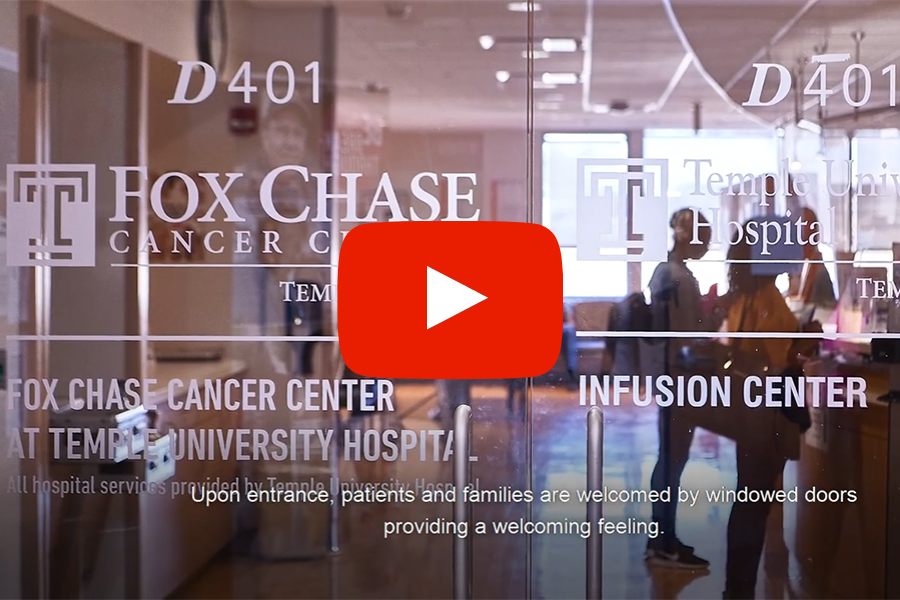What Is Gastrointestinal Cancer?
Gastrointestinal cancer is a group of malignant conditions that affects the digestive system. There are several types of gastrointestinal cancer, including:
-
Bowel, in which tumors form in the small intestine
-
Colorectal, which arises in fleshy growths called polyps in the colon or rectum
-
Esophageal, which occurs in the esophagus, the tube that connects the throat to the stomach
-
Gastric, in which tumors form in the lining of the stomach
-
Gastrointestinal stromal tumors (GIST), which are believed to grow from cells in the gastrointestinal tract called interstitial cells of Cajal
-
Other digestive organs, such as the gallbladder, bile ducts, liver or pancreas
Risk Factors
The exact causes of many types of gastrointestinal cancer are not clear, and the risk factors vary, but may include:
-
Environmental factors, such as alcohol consumption, obesity, smoking or eating a diet high in animal fats or processed, cured or salted foods
-
Genetic changes, either inherited from parents or acquired over a lifetime
-
Medical conditions, such as gastroesophageal reflux disease, which may lead to esophageal cancer, or infection with Helicobacter pylori, which is strongly associated with gastric cancer
Symptoms
Symptoms vary depending on the type of gastrointestinal cancer, and may include:
-
Abdominal discomfort — Pain, tenderness, cramping or bloating may be present.
-
Bleeding — Rectal bleeding or blood in the stool can be present.
-
Change in bowel habits — Diarrhea, constipation or change in stool shape or consistency may develop.
-
Fatigue — Persistent, unexplained tiredness or weakness is common.
-
Unexplained nausea — The nausea may be accompanied by vomiting or weight loss.
Treatment Options
Treatment options depend on the type and stage of gastrointestinal cancer, and may include:
• Chemotherapy — Anti-cancer drugs taken by mouth, infused or injected kill cancer cells or stop them from growing.
• Precision therapies — Targeted therapy drugs pinpoint molecular weaknesses in cancer cells, while immunotherapy stimulates the body’s immune system to find and destroy cancer cells.
• Radiation therapy — High-energy beams that destroy gastrointestinal cancer may be delivered from outside the body or from a device placed internally.
• Surgery — A variety of techniques may be used to precisely and safely remove cancerous tissue.
Ready for an Appointment?
If you're experiencing signs or symptoms of gastrointestinal cancer, schedule an appointment or call 800-TEMPLE-MED (800-836-7536) today.
Learn more about our doctors and care team who diagnose and treat gastrointestinal cancer.


